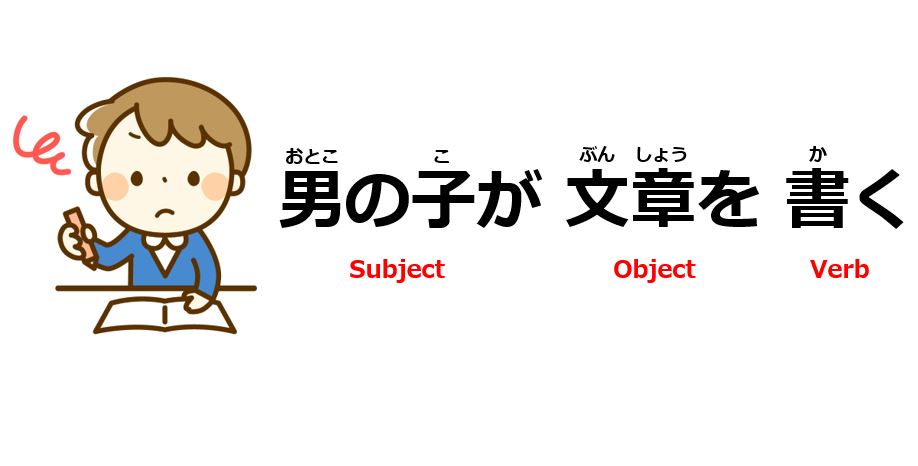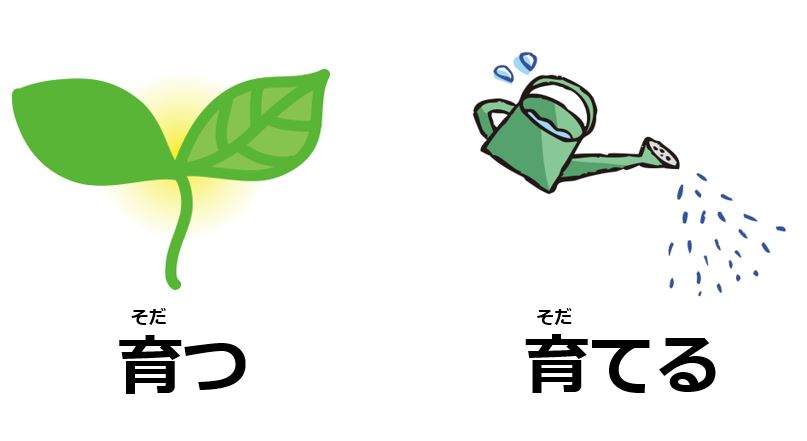Last time, you learned how Japanese prefixes and suffixes work, e.g. “ビジネス上じょう、外国がいこく語ごを話はなせることは便べん利りだ (it’s useful to be able to speak foreign languages from a business point of view).” In this lesson, you will learn a similar concept again, which is to express additional meanings by placing something at the end. That’s sentence ending particles. Explanation for […]
Japanese part of speech
Japanese Prefix and Suffix
Last time, you learned how the generic nouns: もの and こと work, e.g. “ケイスケのことをよく知しっています (I know about Keisuke a lot).” You might consider のこと as a kind of a suffix. That is to say, by attaching のこと to nouns, you can express additional meanings. In this lesson, you will learn more about prefixes and suffixes. […]
Generic Nouns: もの and こと
Last time, you learned how Japanese interjection and other emotional expressions work, e.g. “あのう、ペンを貸かしてくれない (Excuse me, can you lend me a pen)?” and “成長せいちょうしたもんだ (You are matured).” もの and こと can express really various things, which sometimes confuses learners. In this lesson, we would like to focus on what function the generic nouns: もの and […]
Japanese Interjection and Emotional Expressions
Last time, you learned how particles work to indicate supplementary subordinate clauses, e.g. “先生はiPadを片手に授業をしている (The teacher is holding the class with an iPad in his hand).” Then, if you’d like to add a nuance of surprise like “Wow, the teacher is holding the class with an iPad in his hand!” what should you say? In […]
Japanese Supplementary Subordinate Clauses: XをYに
Last time, you learned compound verbs, e.g. “落おち着ついて今こん後ごのことを考かんがえよう (Let’s calm down and think about things in the future)” and “お茶ちゃを飲のみ干ほした (We drank down a glass of green tea).” By utilizing compound verbs, you can express actions in a more sophisticated way. Then, if you’d like to say, ”Let’s think about things in the future on […]
Japanese Compound Verbs
Last time, you learned how omissions of particles works in conversation, e.g. “バスを降おりる (We will get off the bus),” and “電車でんしゃに乗のる (We will take the train).” Omissions have a very important role in Japanese. Then, if you’d like to express two actions at the same time like “get off of one vehicle and take another” […]
Omissions of Particles and は VS. が
We have entered the parts of speech section again. You have the basic knowledge already and thus we would like to introduce some advanced topics here. If you have difficulty understanding it, please review the related basic grammar. In this lesson, you will learn the concept of omission of particles. How Omissions of Particles Work […]
Japanese Word Order
By now, you have already spent a while learning Japanese. You may wonder if word order is not important in Japanese. In fact, when you speak Japanese, you don’t have to pay attention to word order as much as other languages. However, there are certain rules that you should follow. Explanation for How Japanese Word […]
Intransitive Verbs VS. Transitive Verbs
Last time, you tackled some advanced topics involving Japanese adjectives, such as “科か学がくに詳くわしい人ひと” and “近ちかいカフェ VS. 近ちかくのカフェ.” Your knowledge of Japanese parts of speech is greatly increasing. In this lesson, you will also take on advanced topics in Japanese verbs. Usage of Verbs When They Can Be Both Intransitive and Transitive If you try to […]
Advanced Adjectives: Noun Phrases & Particular Particles
Last time, you learned how Japanese adverbs work. By utilizing adverbs, you can express degree or manner of things, e.g. “極きわめて辛からい: extremely spicy.” ”かなり辛からい: quite spicy,” ”あまり辛からくない: not very spicy,” and ”まったく辛からくない: not spicy at all.” In this lesson, we will try to delve deeper into the world of Japanese adjectives as there are some […]











